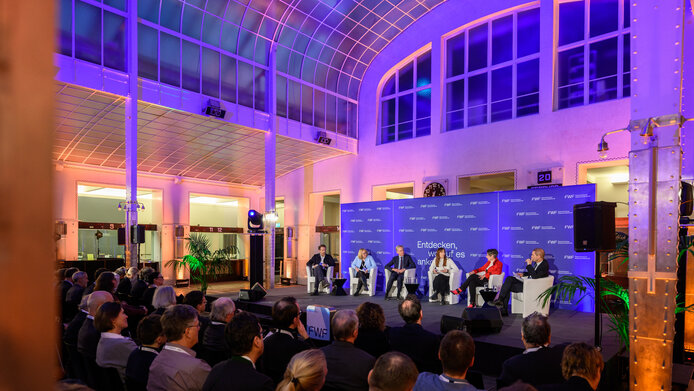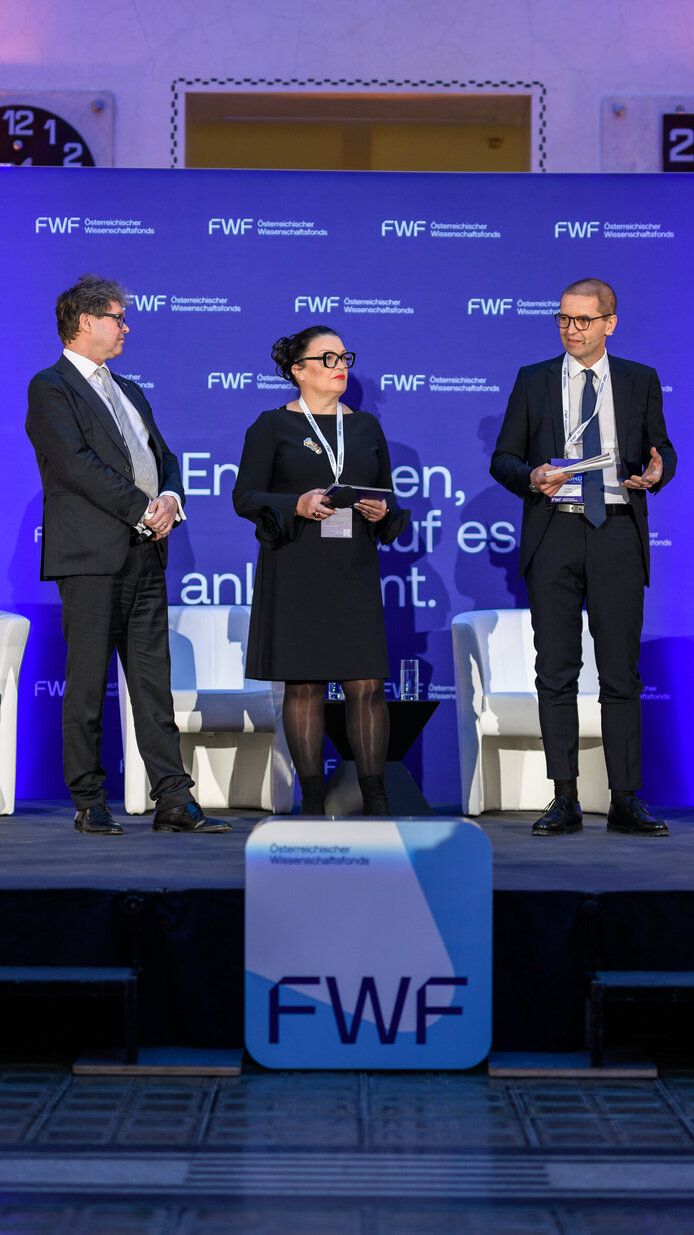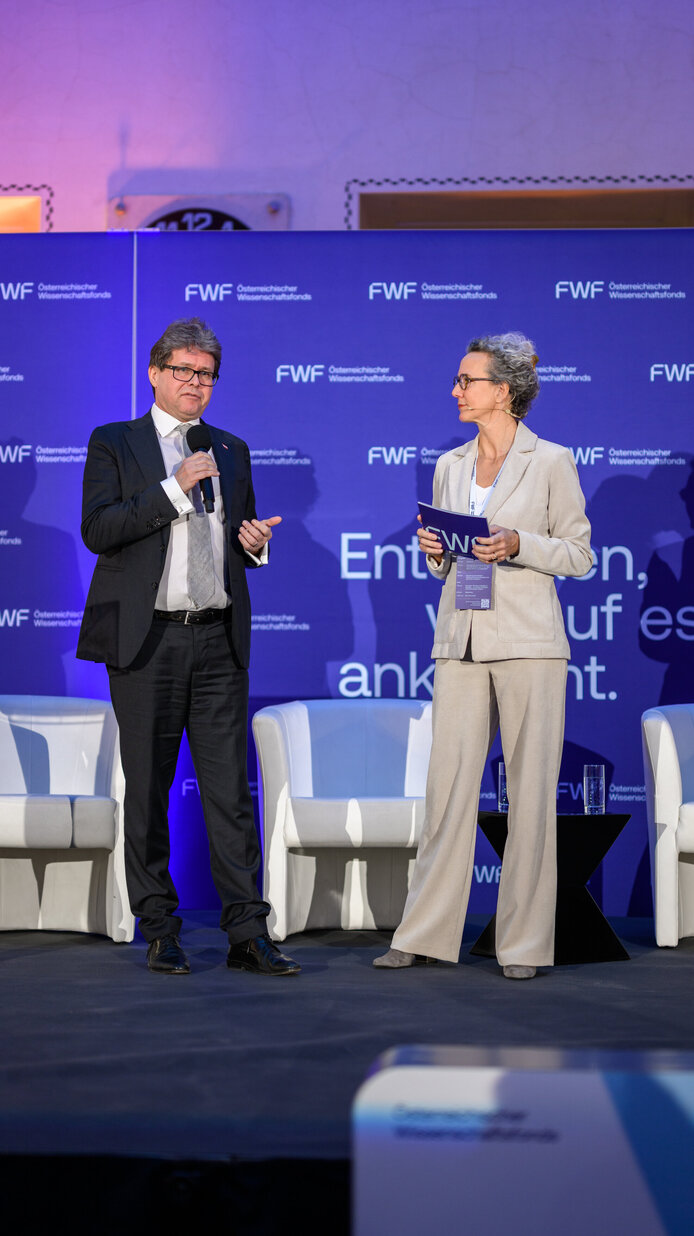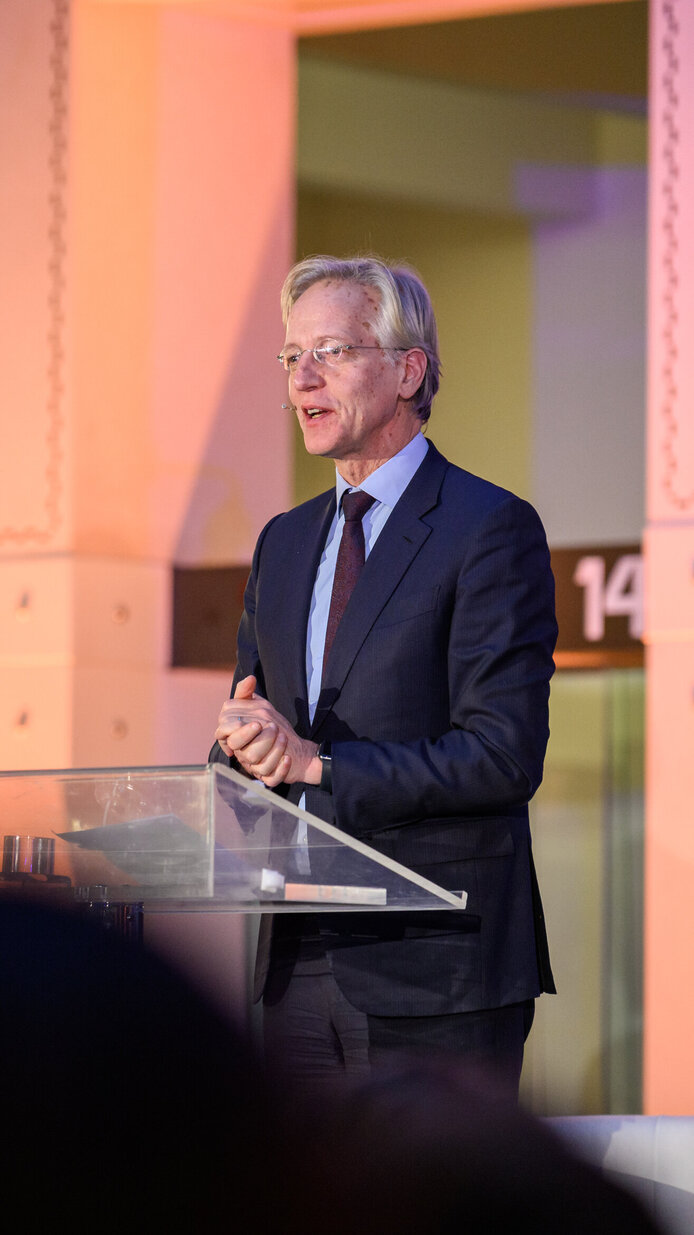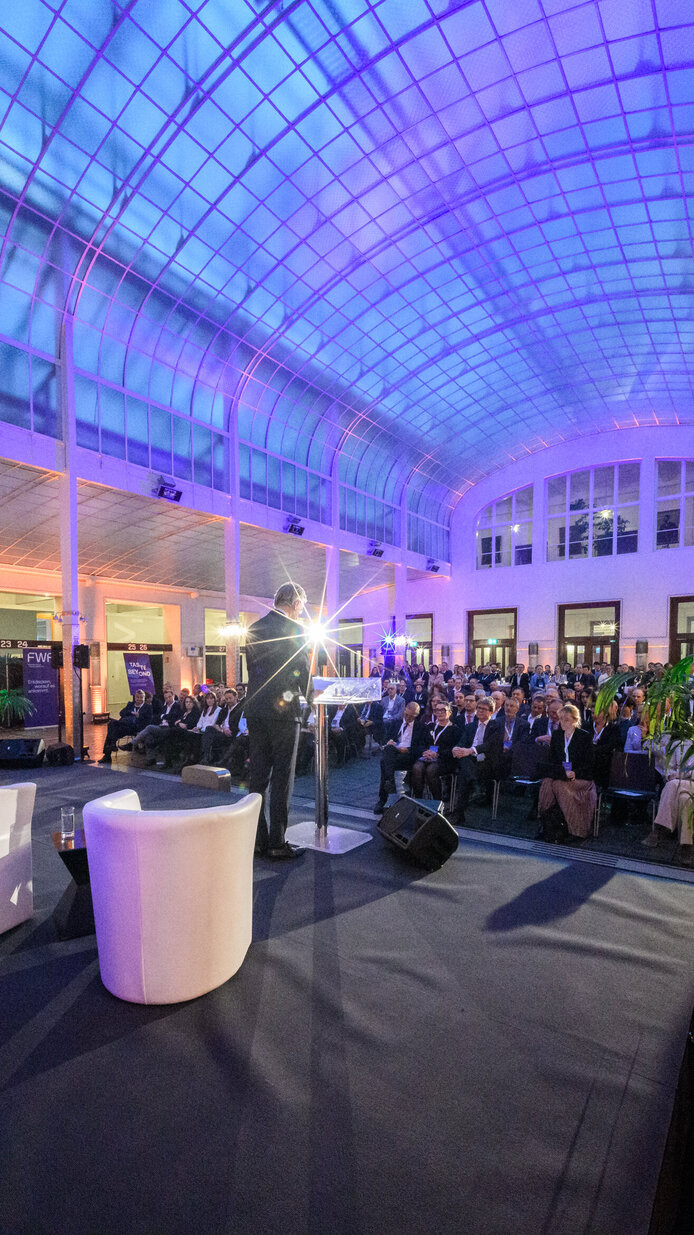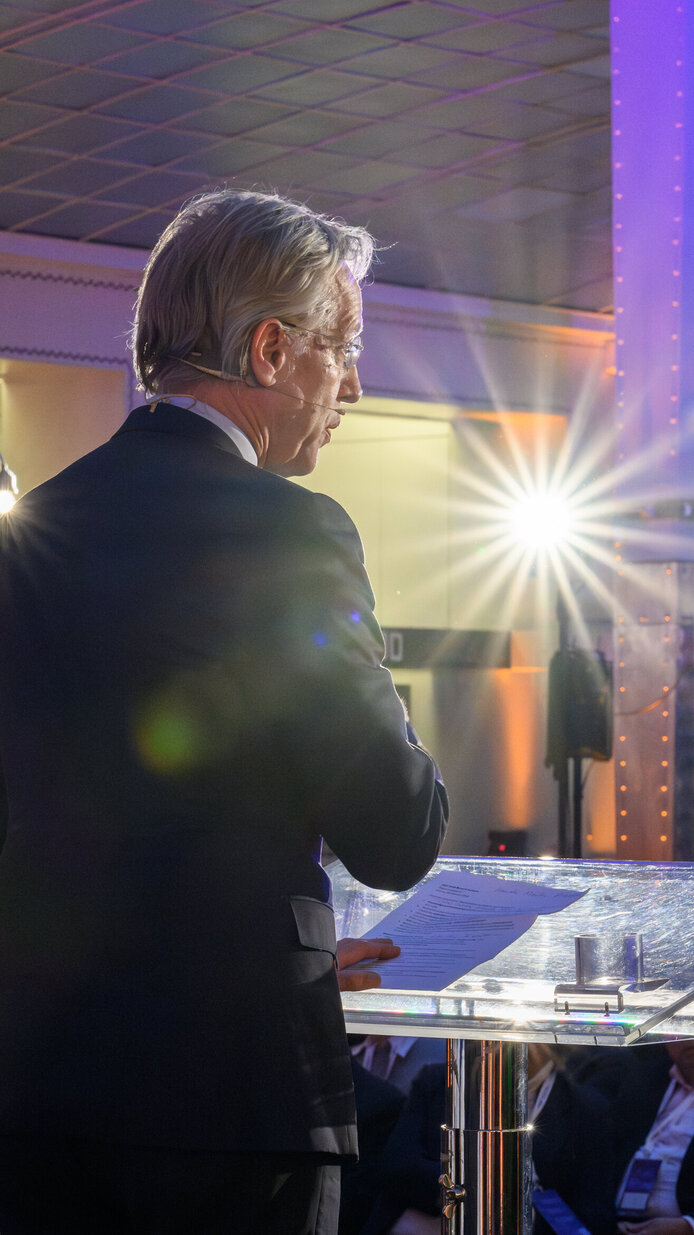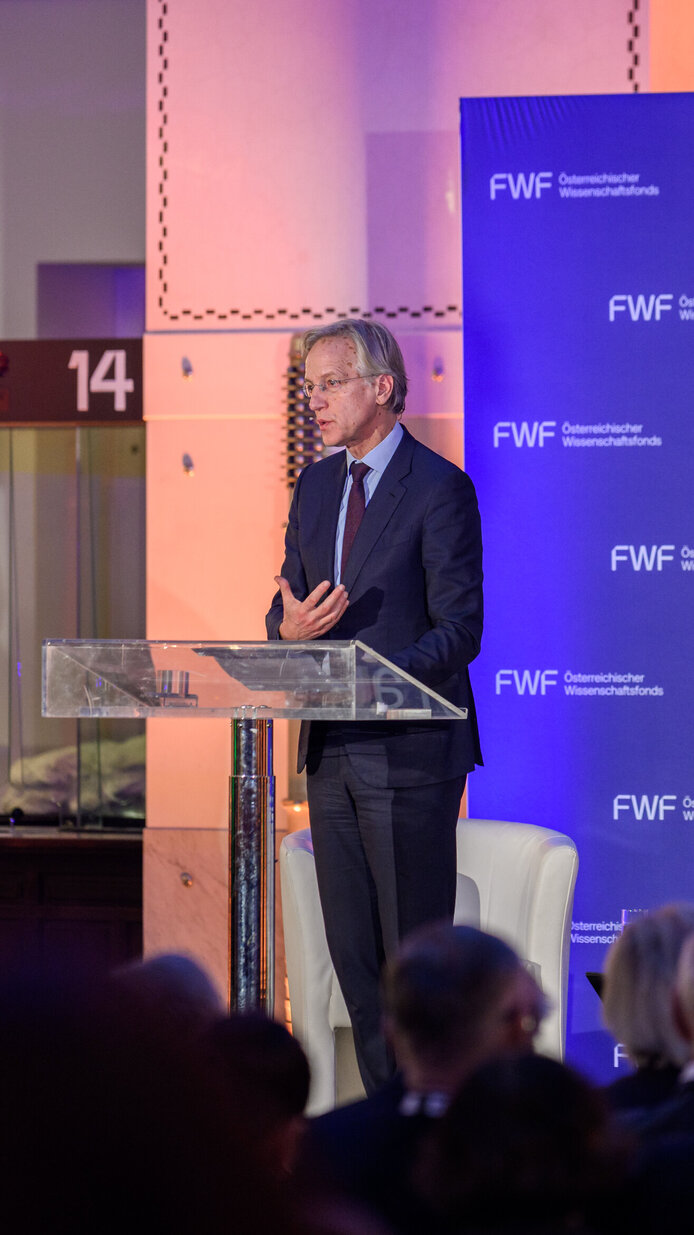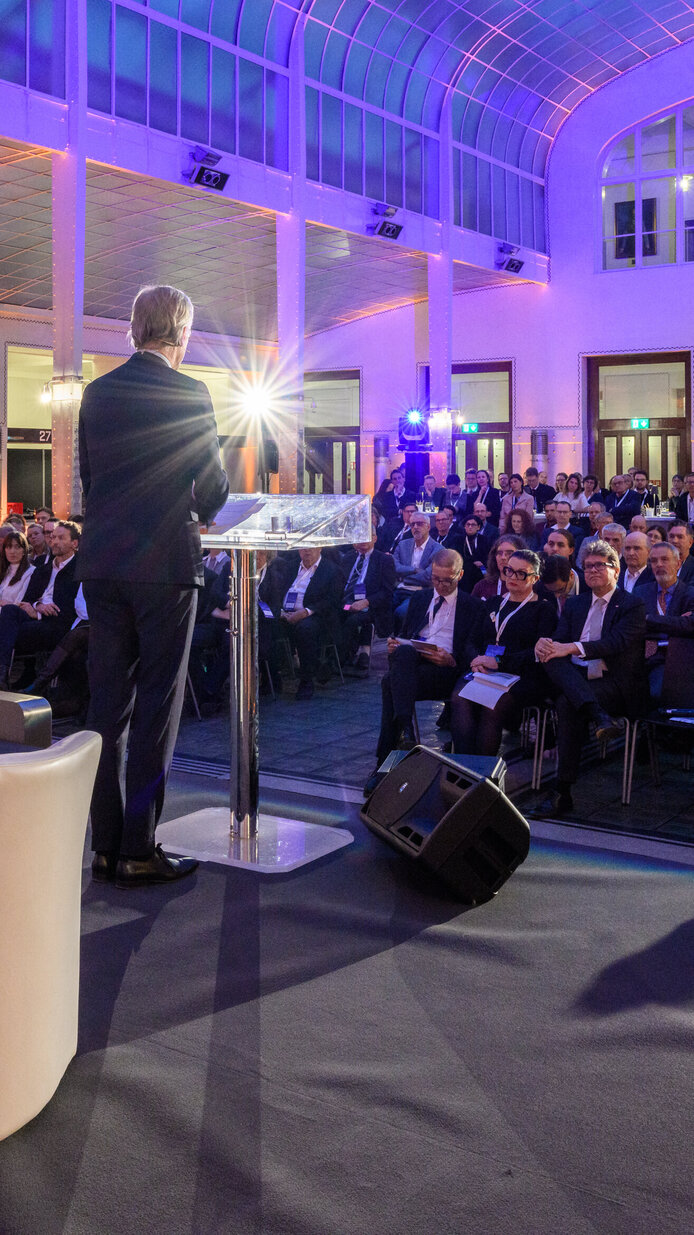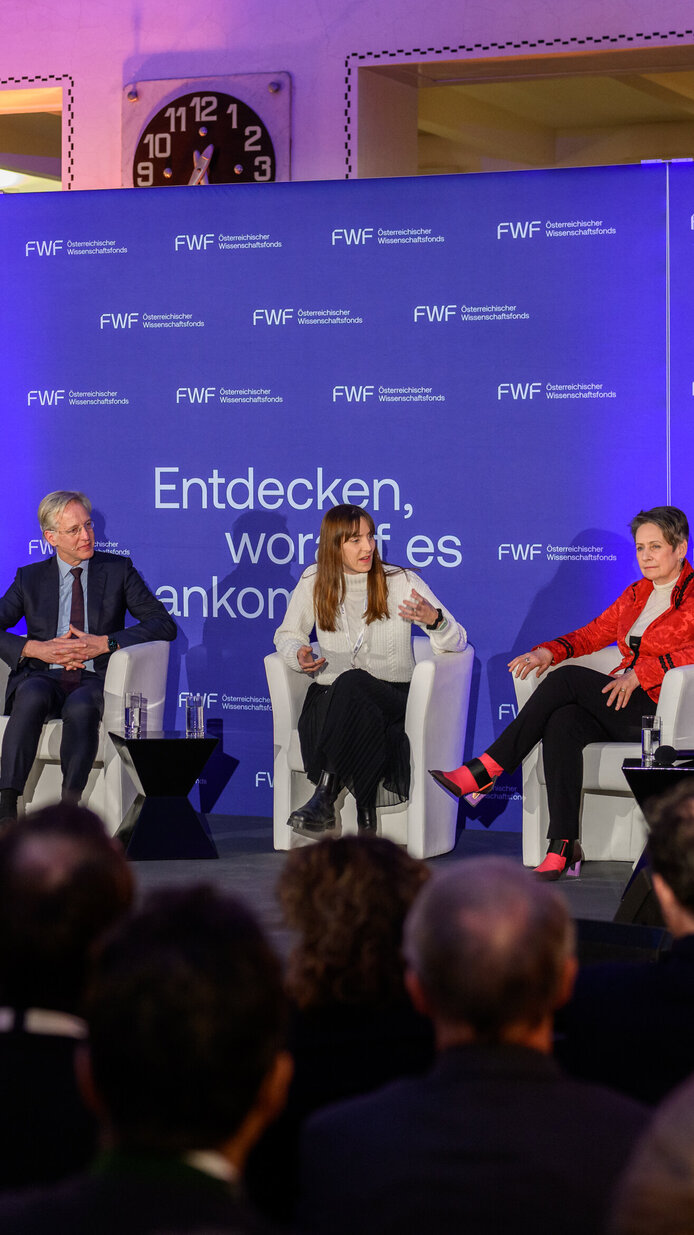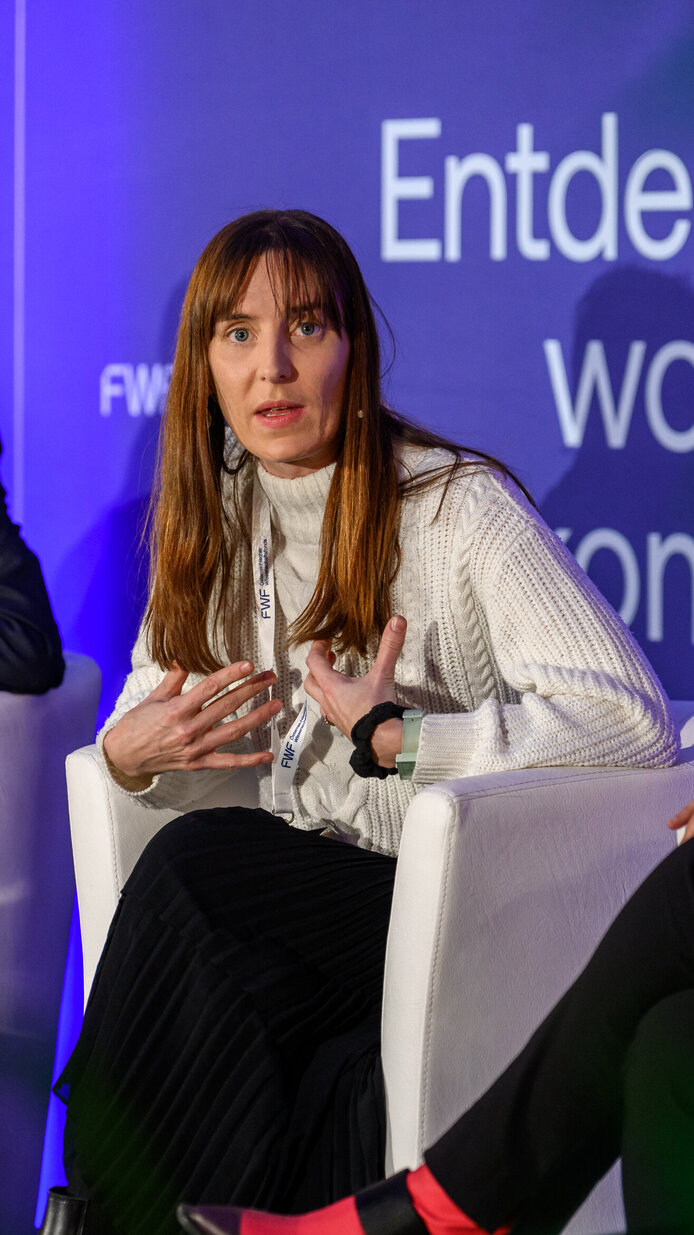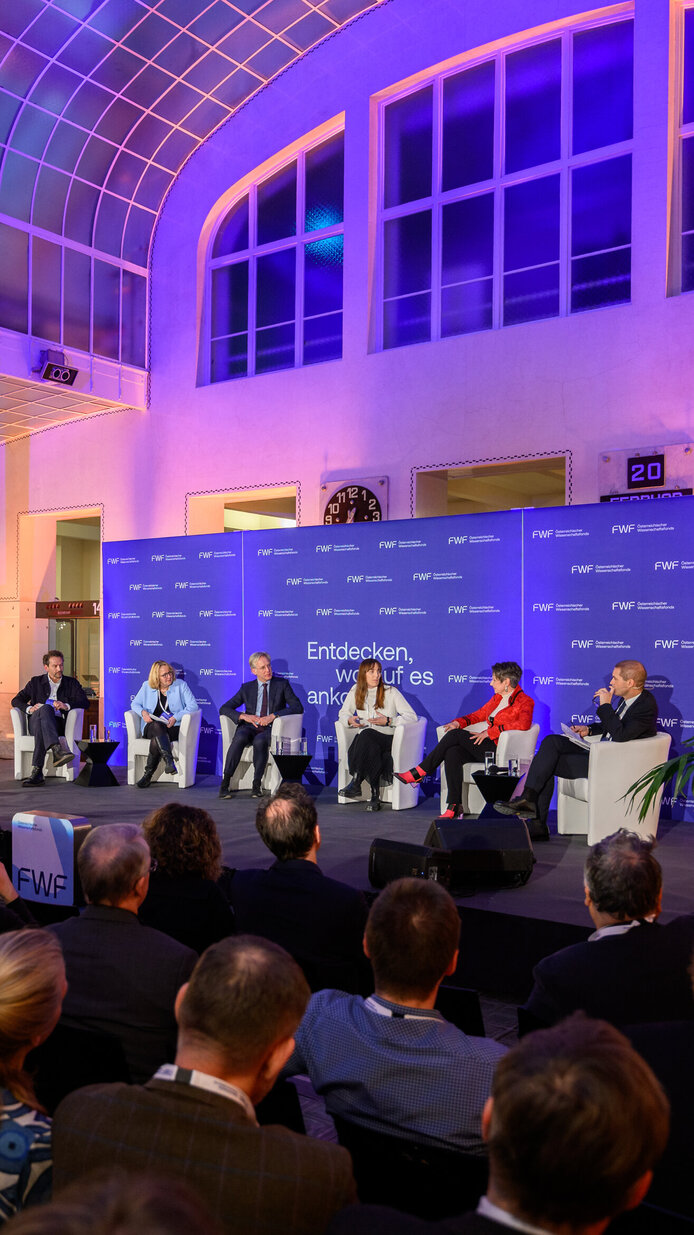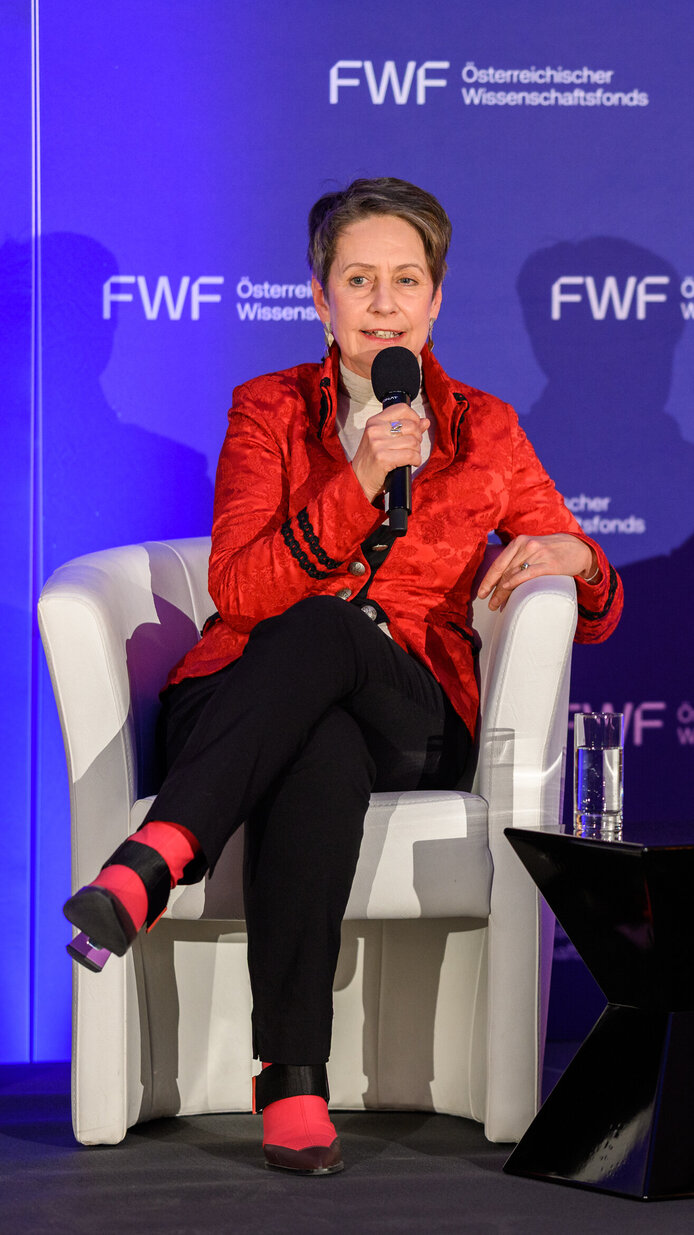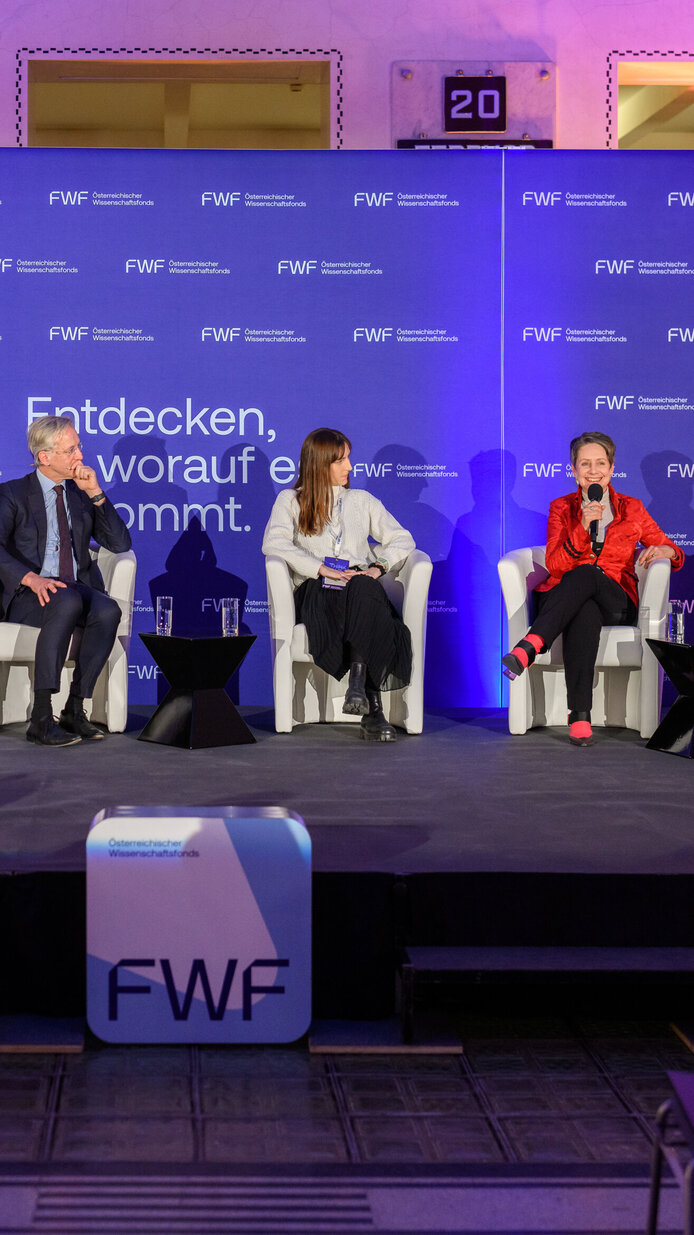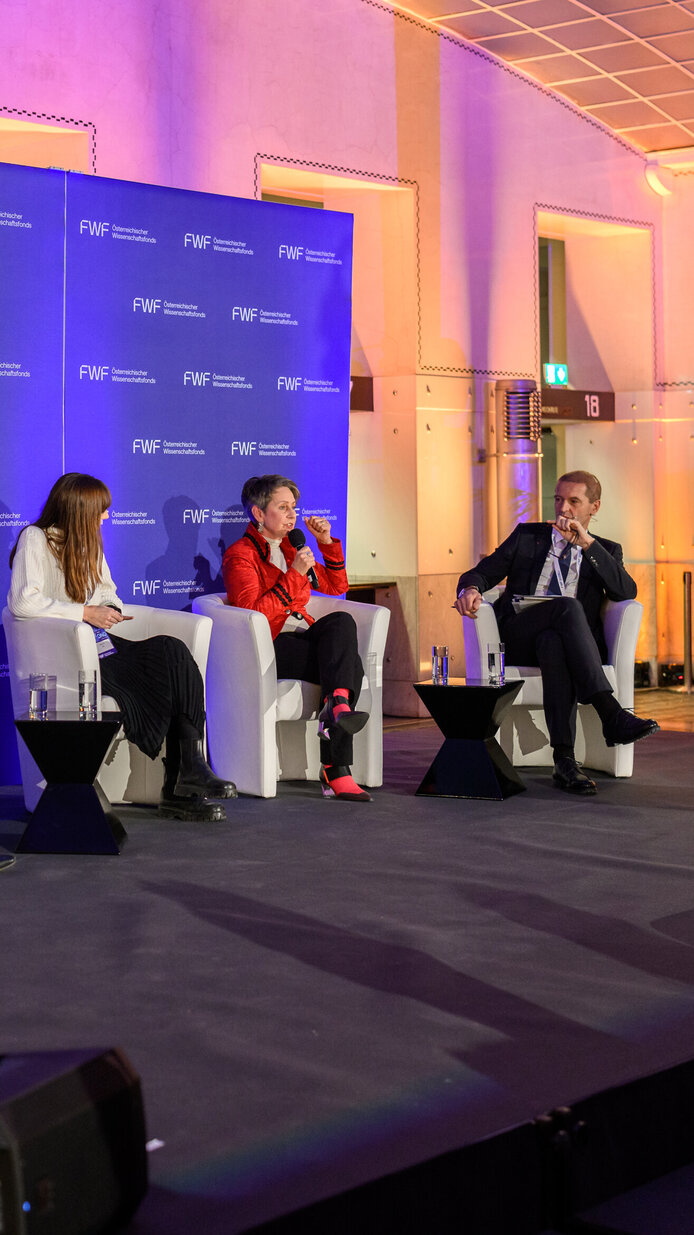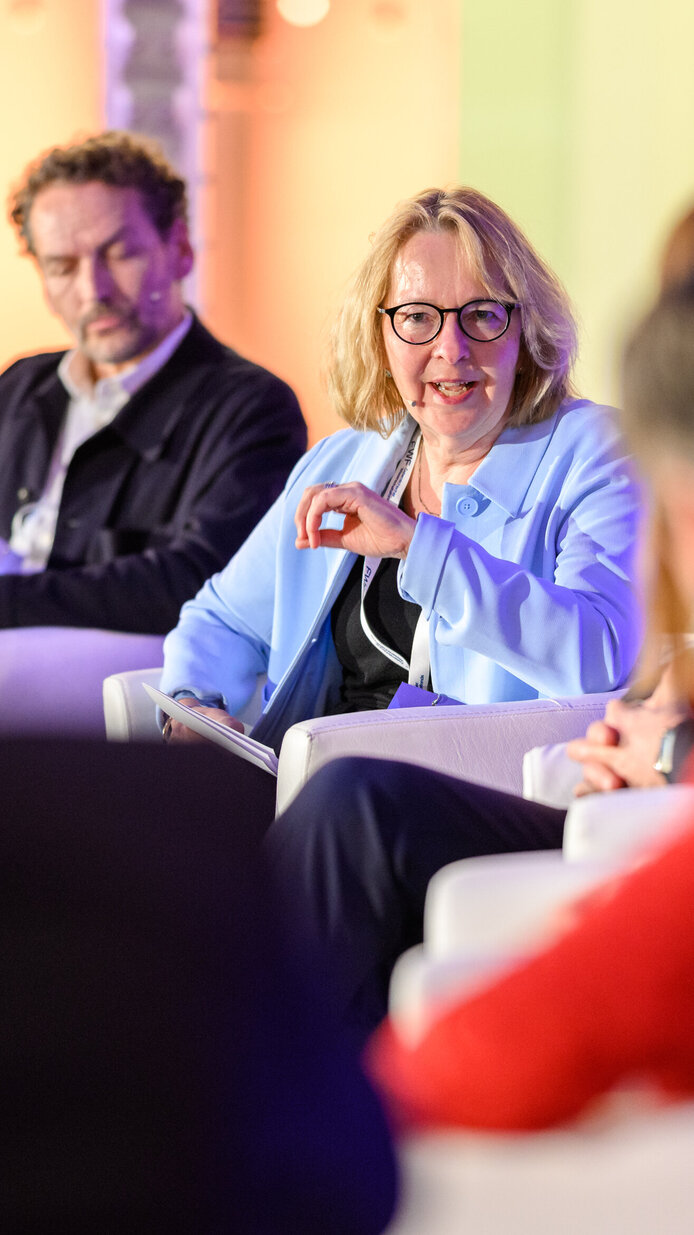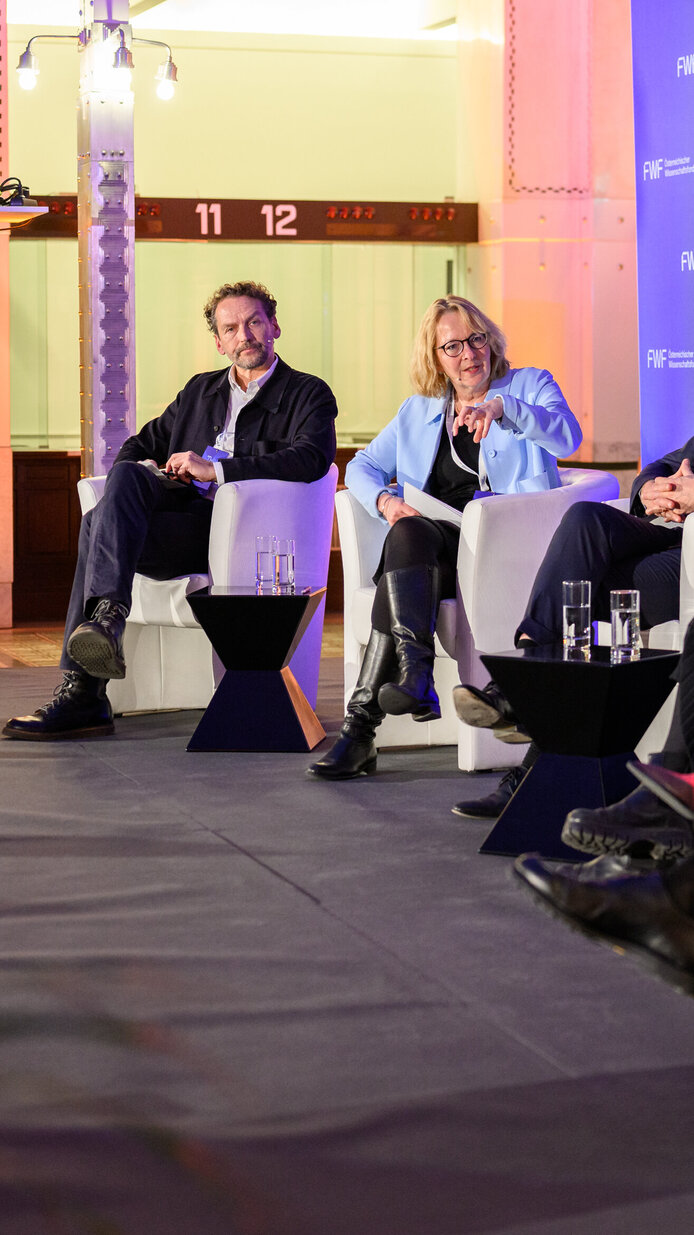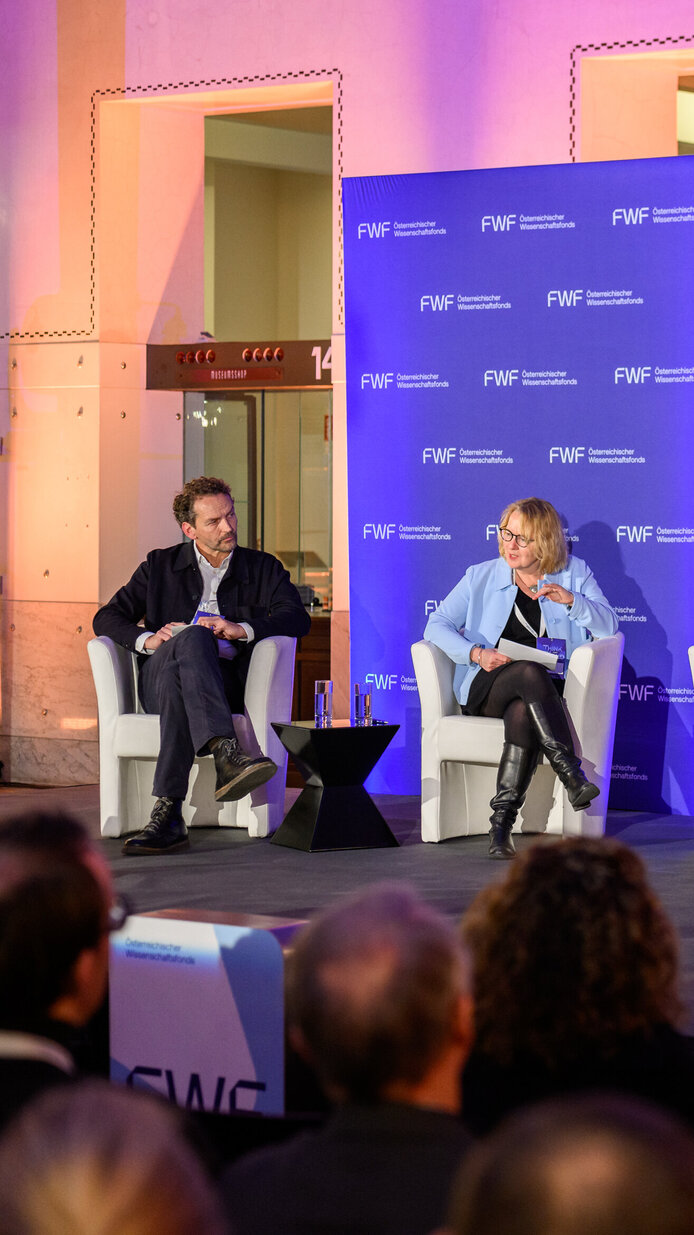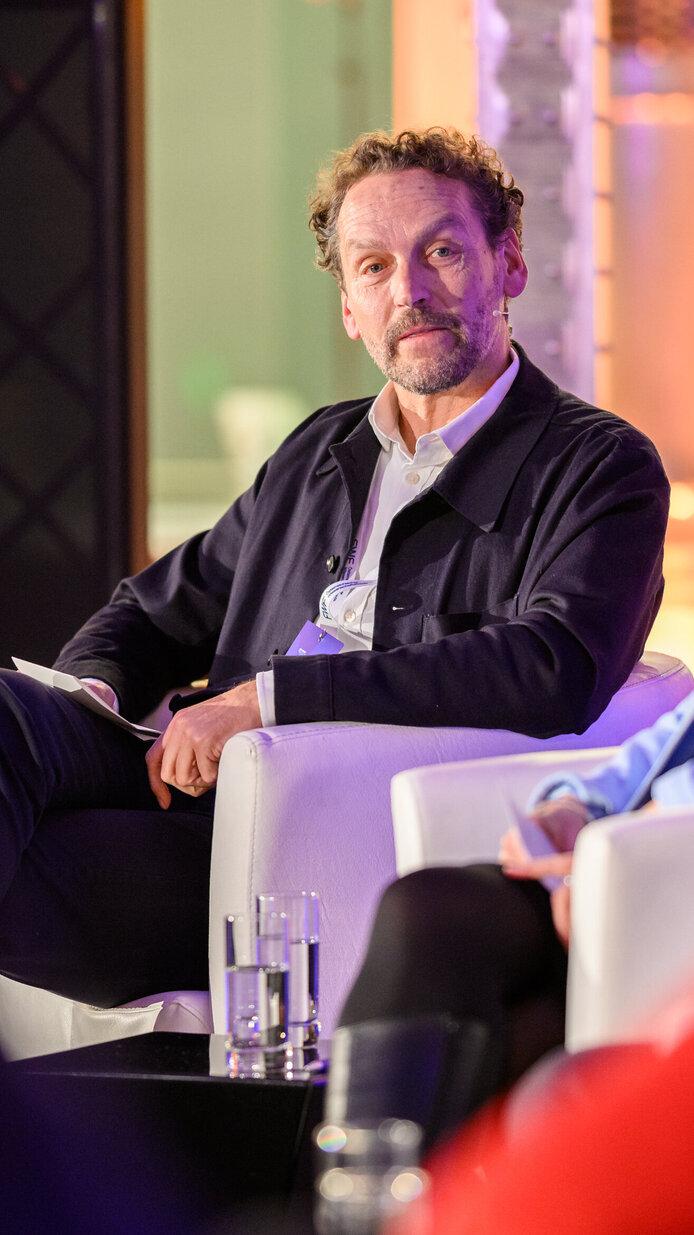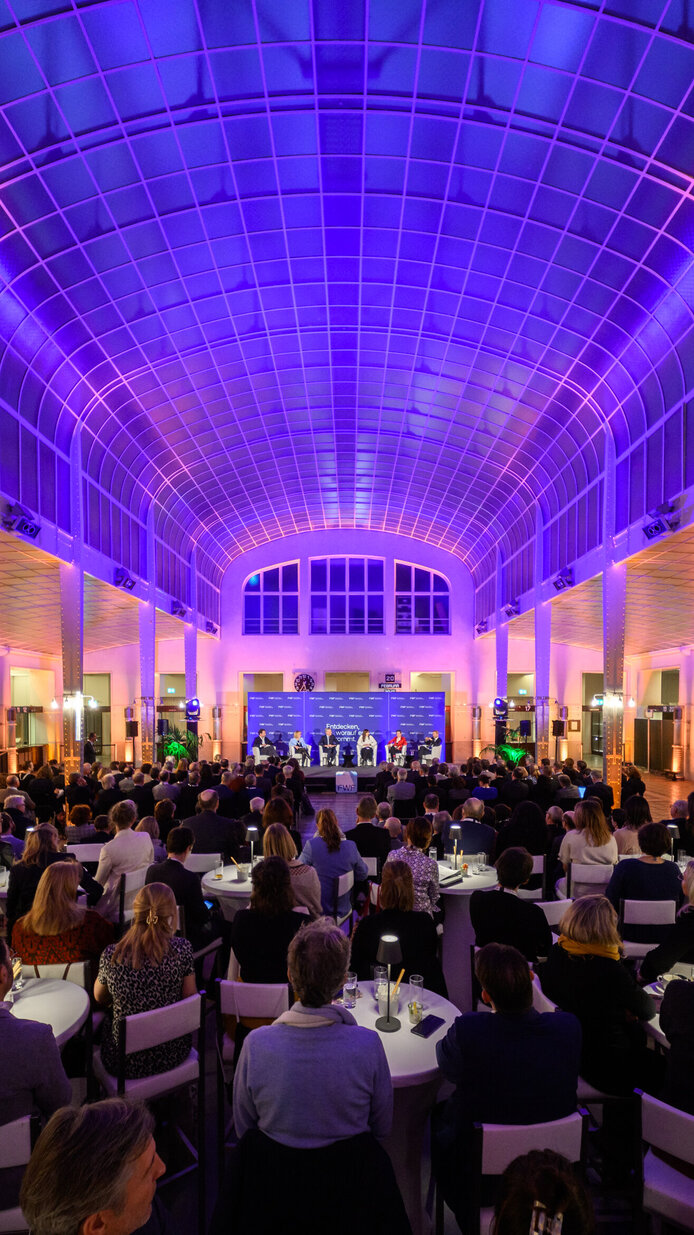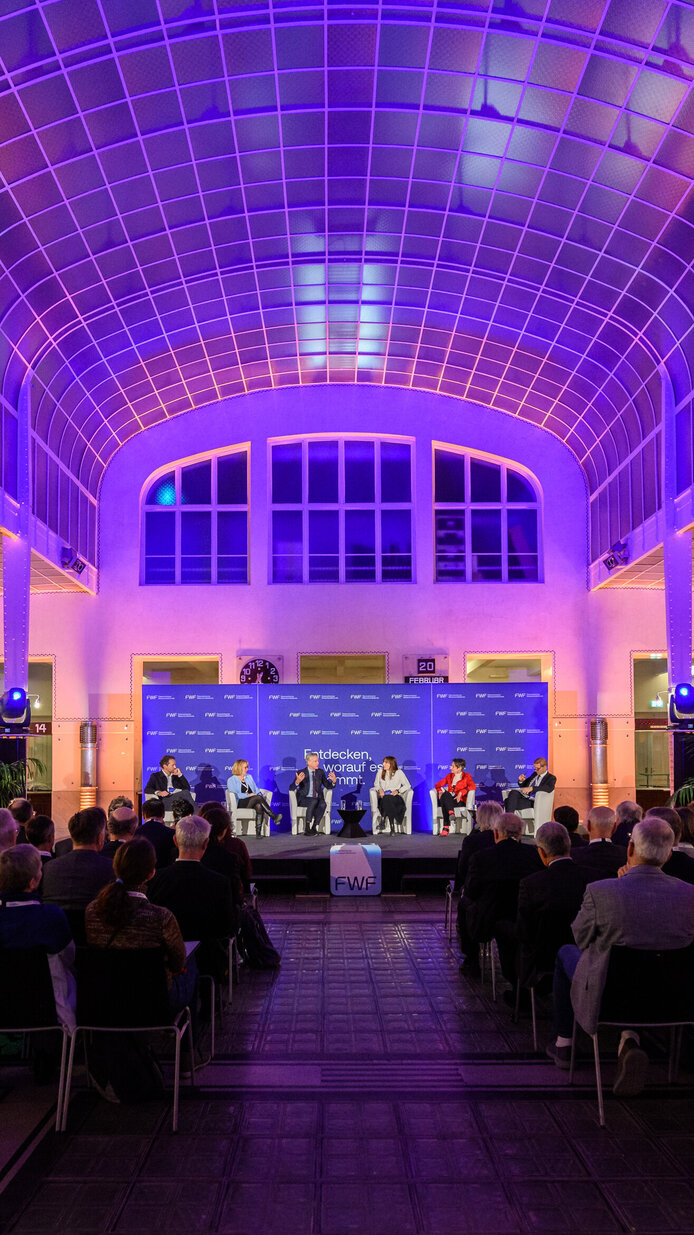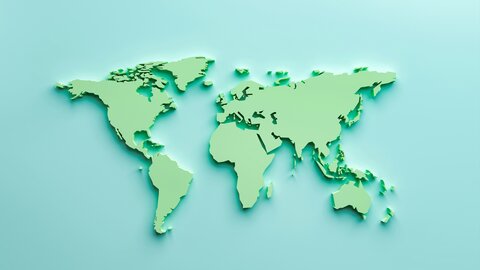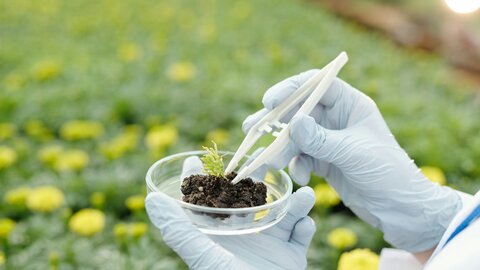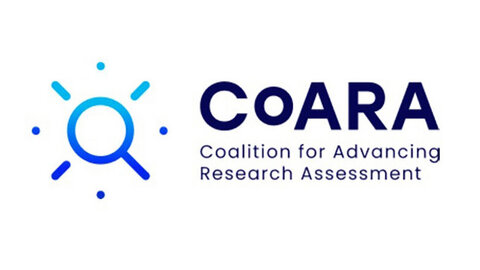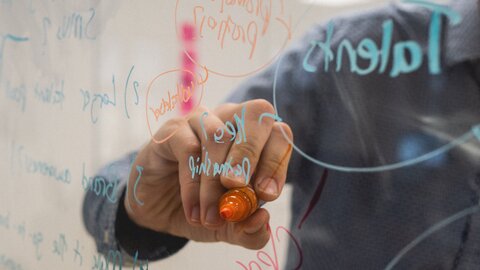“The most decisive and strongest selling point for Europe will be its values.”
Energy security, national security, climate change, an aging population, digital threats, geopolitical tensions, isolationist tendencies, and rapidly accelerating technological development: Robbert Dijkgraaf began his keynote speech with a tour d'horizon through the current challenges facing Europe.
But the former science minister of the Netherlands and former director of the Institute for Advanced Study in Princeton, who was elected as the new president of the International Science Council (ISC) in December, is optimistic: Only science can find the solutions to these challenges, and this is one of Europe’s greatest strengths. “Modern science is in many ways a gift from Europe to the world. It arose from this combination of cooperation and competition, from the diversity of views and networking with the rest of the world."
The real challenge for today’s Europe (and its ability to attract top researchers) is competitiveness, says Dijkgraaf. Europe must now strengthen what it already does so well – openness and plurality. Dijkgraaf offered several ideas on how to do this:
Intelligent specialization and cooperation
Complementarity and cooperation between institutions across regional and disciplinary boundaries should replace duplication.
(Risky) basic research
“We shouldn't fall into the trap of supporting research that is neither free basic research nor really smart strategic research,” he said and pleaded for courage to take risks. Shared research infrastructure, for example, can minimize investment risks, acts as a magnet for top researchers, and ensures that any research that relies on this infrastructure (also) remains public research. “It is important to involve the private sector. We live in a time in which certain research is being shifted to the private sector. We see this in AI, in the biotech world, and perhaps soon in quantum research, too."
“Expansion” and openness
“How can science be expanded so that groups that do not currently feel they play a role in research and technology development feel welcome?” asked Dijkgraaf. The acceptance, attractiveness, and quality of science would benefit from opening up to society, to new forms of collaboration, to new partnerships, and to hybrid, non-linear careers. Ideally, this expansion of science would extend to all areas of society. “Many of the values of science are values that should also be values of our society Respect for facts, respect for uncertainty, respect for the fact that you know that you don't know something. I think these values are crucial to creating a productive, fruitful, and optimistic environment where researchers feel both welcome and supported. The decisive and strongest selling point for Europe will be its values.”
Security, autonomy, money – what does Europe need to offer researchers?
Is this expansion of the attitude towards science Dijkgraaf describes a feasible utopia? What specific steps should Europe take to become more attractive for cutting-edge research? What opportunities does a small country like Austria have? Moderated by Christof Gattringer, microbiologist and research group leader Stephanie J. Ellis, the CEO of Infineon Technologies Austria AG Sabine Herlitschka, the President of the Institute of Science and Technology Austria (ISTA) Martin Hetzer, and the Deputy Secretary General of the VolkswagenStiftung Henrike Hartmann discussed these questions.
